Renay Lynch Is Exonerated After Nearly 26 Years of Wrongful Conviction in Buffalo, New York
Ms. Lynch’s exoneration marks the 250th Innocence Project victory. New fingerprint evidence withheld by police points toward an alternate suspect.
01.05.24 By Innocence Staff
(January 5, 2024 — Buffalo, NY) Renay Lynch was exonerated today in Buffalo, NY nearly 26 years after she was wrongly convicted for the 1995 murder and robbery of her landlord. Her exoneration comes after post-conviction re-examination of crime scene fingerprint evidence, which law enforcement had previously withheld from the defense, pointed to another tenant of the victim as an alternative suspect.
Released from prison in January 2022, Ms. Lynch is now the 250th person to be freed by the Innocence Project since its founding in 1992.
Ms. Lynch’s wrongful conviction is the result of three common contributing factors: a coerced false confession; the fabricated testimony of an incentivized informant; and police misconduct – specifically withholding key crime scene evidence from the defense.
“Today is bittersweet. Ms. Lynch lost the last 26 years of her life to a wrongful conviction because of systemic flaws that continue to exist in the criminal legal system,” said Susan Friedman, Ms. Lynch’s Innocence Project attorney. “Today, she finally has some semblance of justice, but she should have never been convicted in the first place. I’d like to thank the Erie County District Attorney’s Office for their collaboration and cooperation in this case. Today’s outcome demonstrates why Conviction Integrity Units are critical.”
“I have waited 26 years for this day to come,” said Ms. Lynch. “That’s days without seeing my children grow up, days without holding my grandchildren, days that I will never get back. I’m grateful to finally have this weight lifted.”
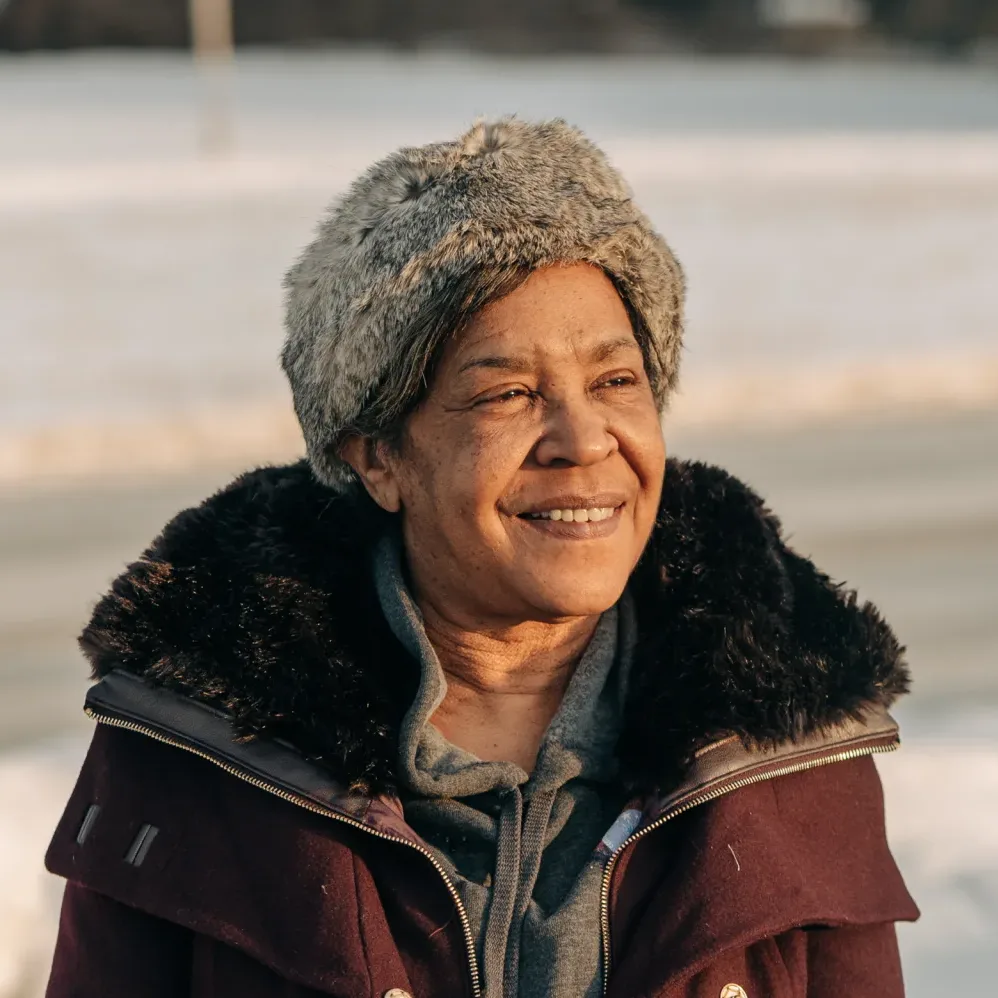
“I have waited 26 years for this day to come ... days that I will never get back. I'm grateful to finally have this weight lifted.”
“I have waited 26 years for this day to come ... days that I will never get back. I'm grateful to finally have this weight lifted.”
Renay Lynch
An Informant’s Coerced Confession
On May 19, 1995, 82-year-old Louise Cicelsky, a local landlord, was found stabbed to death in her apartment, which was part of a multi-family home. It was the first murder in Amherst, New York that year and garnered significant media attention.
The investigation into Ms. Cicelsky’s murder initially focused on people who were known to have disputes with her over property and money. But, eighteen months later, the crime remained unsolved. During the investigation, police spoke with Renay Lynch, who lived in a property owned by the victim, and who police initially viewed as an informant who might help them break open the case.
By late 1996, police were convinced that a man named Kareem Walker, who was known to Ms. Lynch, was responsible for the murder. In the hopes of unearthing evidence against him, Ms. Lynch was given information about the case and fitted with a wire. When these efforts failed, detectives’ focus settled more directly on Ms. Lynch. While she was in custody for shoplifting, law enforcement took the investigation in a new direction and told Ms. Lynch that to arrest Mr. Walker, they “needed [her] to be there at the murder.” To get what they wanted, police used coercive interrogation techniques known to elicit false confessions – showing her crime scene photos, asking leading questions, and threatening her with perjury charges and additional time in prison. Ultimately these techniques worked, and Ms. Lynch told investigators what they wanted to hear: that she and Mr. Walker had gone to Ms. Cicelsky’s apartment to rob her, but while there, Mr. Walker beat and fatally stabbed her.
Ms. Lynch quickly recanted her confession and has always maintained her innocence, insisting her confession was coerced by police and that she did not have any knowledge about the crime.
False confessions have contributed to 27% of the Innocence Project’s exonerations. Research shows that law enforcement’s use of intimidation, coercive tactics, isolation during interrogations, deceptive methods that include lying about evidence, and more can contribute to false confessions. It also shows that an innocent person may falsely confess because of increased stress, mental exhaustion, or promises of lenient sentences.
A Serial Jailhouse Informant’s Testimony
To bolster the State’s confession-based case, the prosecution presented the testimony of an incentivized jailhouse informant, Raquel Hunter. Ms. Hunter claimed Ms. Lynch confessed while they were incarcerated together in June 1997 – a claim Ms. Lynch denied. Ms. Hunter, who was a habitual informant and testified in another homicide case that same week, failed to provide details about the crime not already reported in the media. She admitted that she was testifying against Ms. Lynch in exchange for reduced charges in three pending prosecutions, and in January 2017, she recanted her testimony against Ms. Lynch in a signed affirmation.
The promise or expectation of receiving leniency or other benefits in exchange for testimony creates a strong incentive for witnesses to lie and has played a role in 19% of the Innocence Projects exonerations and releases to date. In many cases, these benefits are never disclosed. The Innocence Project has long advocated for nationwide reform, which includes system-wide tracking and complete disclosure of informant testimony, as well as jury instructions to inform jurors about the incentives and potential fallibility of jailhouse informant evidence.
Despite the fact that no physical evidence or eyewitnesses connected Ms. Lynch to the crime and nothing in her confession could be corroborated beyond law enforcement’s initial investigation, Renay Lynch was convicted on February 18, 1998. She was sentenced to 25 years to life for murder, and 10 to 20 years for robbery. Mr. Walker was never arrested or charged for the crime.
Key Evidence Withheld Points to an Alternate Suspect
During the post-conviction investigation, the Innocence Project and Fisher & Byrialsen, PLLC discovered powerful new fingerprint evidence that pointed to an alternative suspect.
In 2020, the Erie County District Attorney’s Conviction Integrity Unit and counsel for Ms. Lynch entered into a collaborative effort to re-investigate the case and, in particular, to re-examine crime scene fingerprint evidence. Two critical discoveries were made: first, despite police testimony that there were only two prints suitable for comparison, 13 prints were actually suitable for comparison; second, nine of the 13 prints belonged to the victim’s downstairs tenant. Critically, four of these prints were recovered from probative locations inside the victim’s home. Neither Ms. Lynch nor Mr. Walker’s prints were discovered at the crime scene. Ms. Cicelsky’s tenant was an obvious suspect – he had a violent history that included domestic violence, robbery, and manslaughter. He also gave numerous, inconsistent statements to law enforcement about the last time he saw the victim and other tenants reported disputes between him and the victim. Police, however, abandoned their inquiry into him after he seemingly passed a polygraph test.
Today’s ruling is an acknowledgement that had the jury heard about the multiple prints found in the home matching the victim’s downstairs tenant, it would have provided powerful evidence of Ms. Lynch’s innocence and proved her confession false.
Ms. Lynch lives in New York and enjoys spending time with her children and grandchildren.
Ms. Lynch is represented by Susan Friedman, Senior Staff Attorney at the Innocence Project and Jane Fisher-Byrialsen of Fisher & Byrialsen, PLLC.
The Innocence Project works to free the innocent, prevent wrongful convictions, and create fair, compassionate, and equitable systems of justice for everyone. Our work is guided by science and grounded in anti-racism. For more information, please visit www.innocenceproject.org.
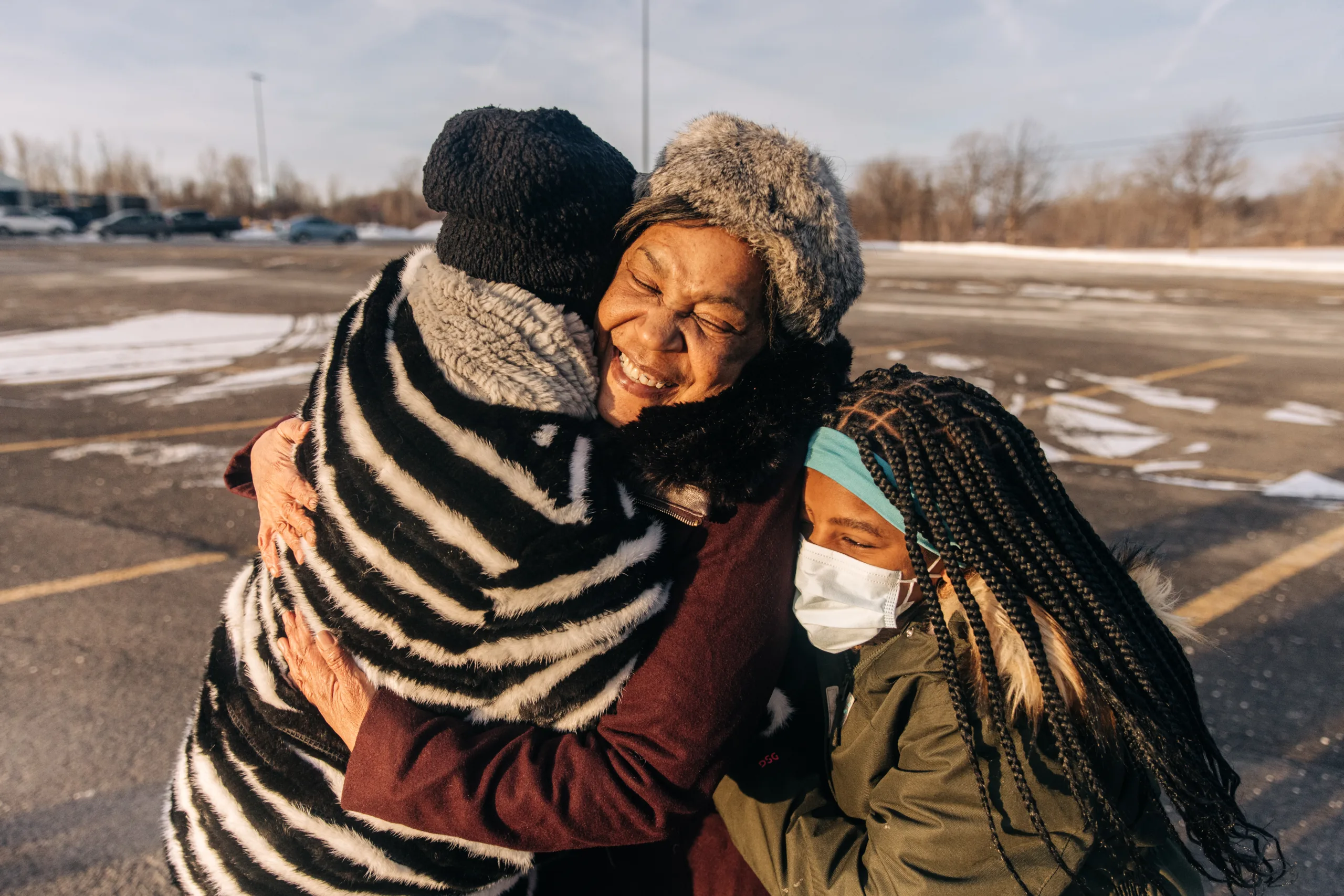

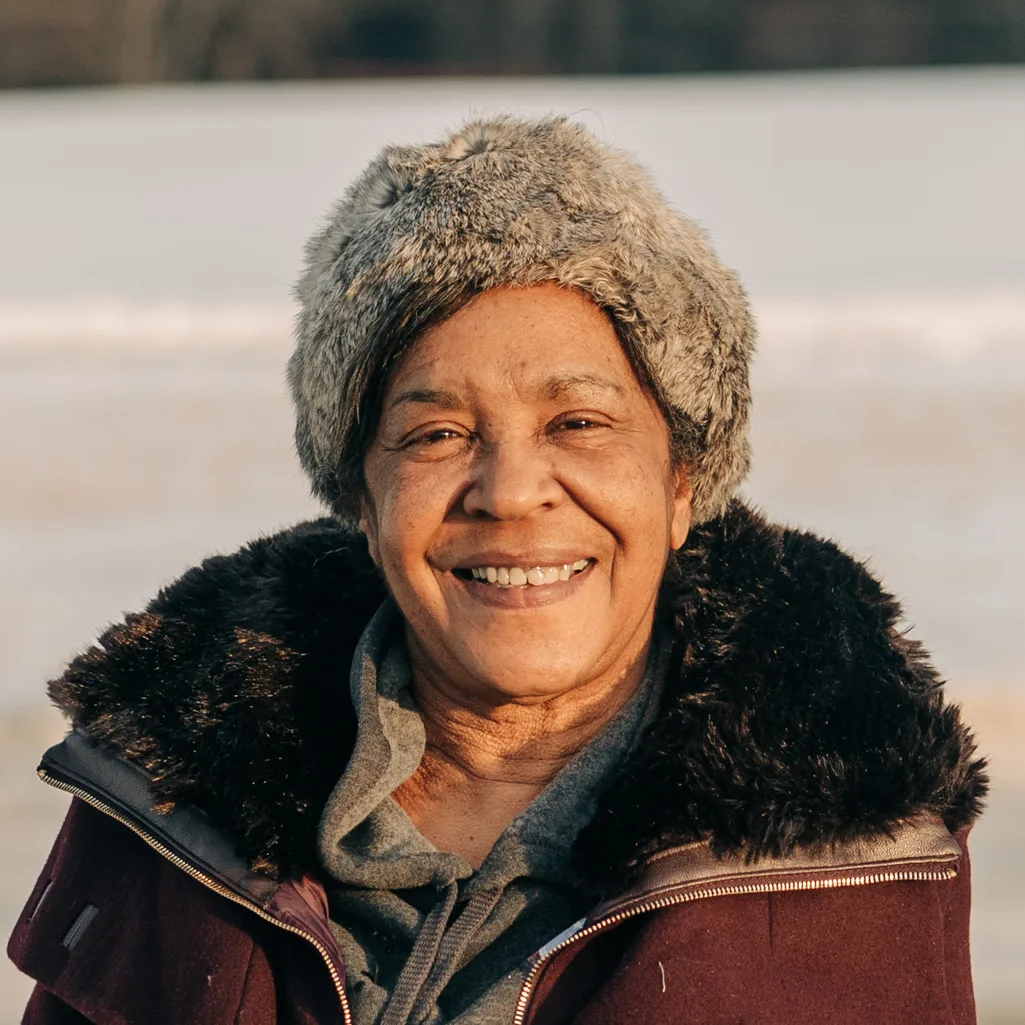
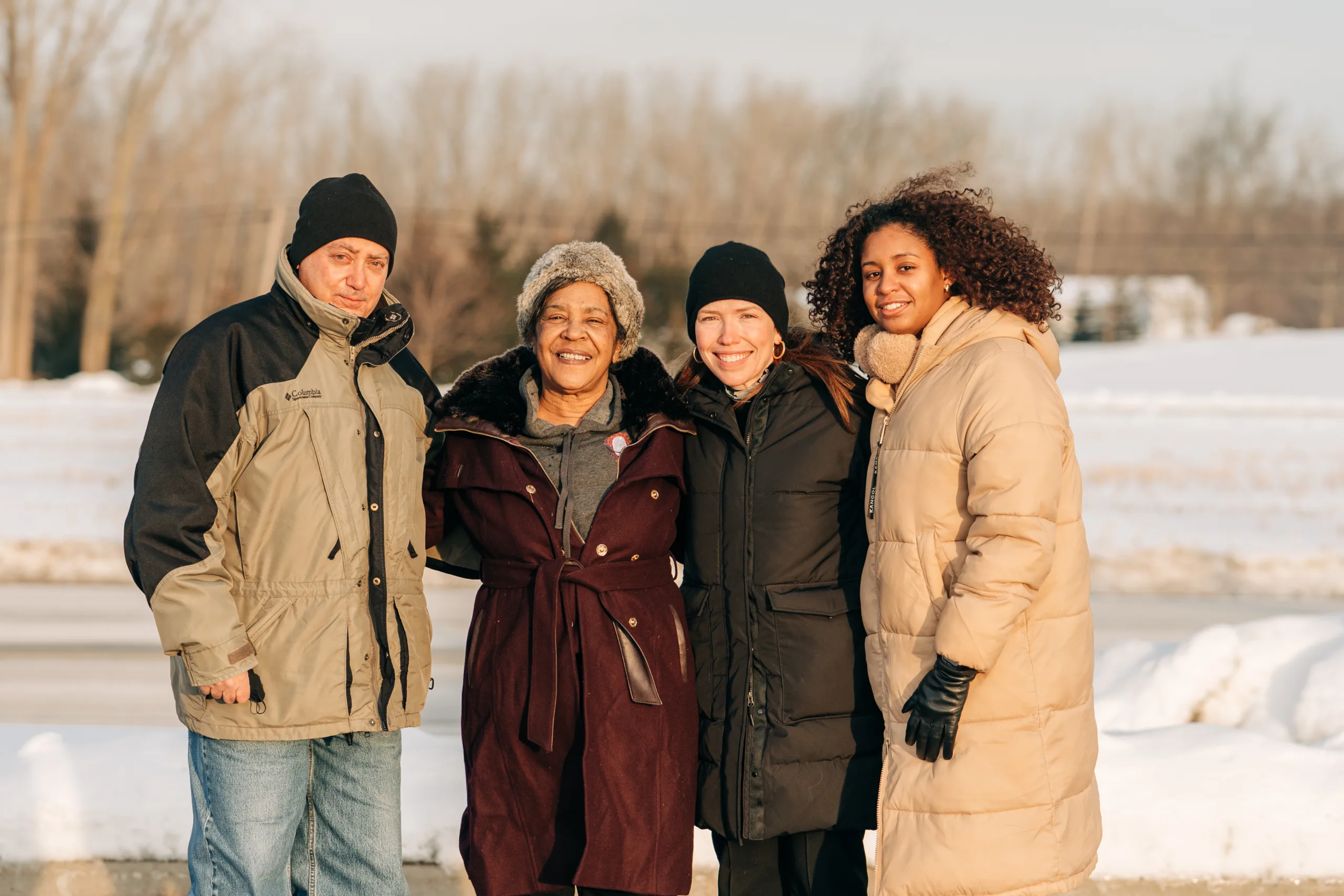
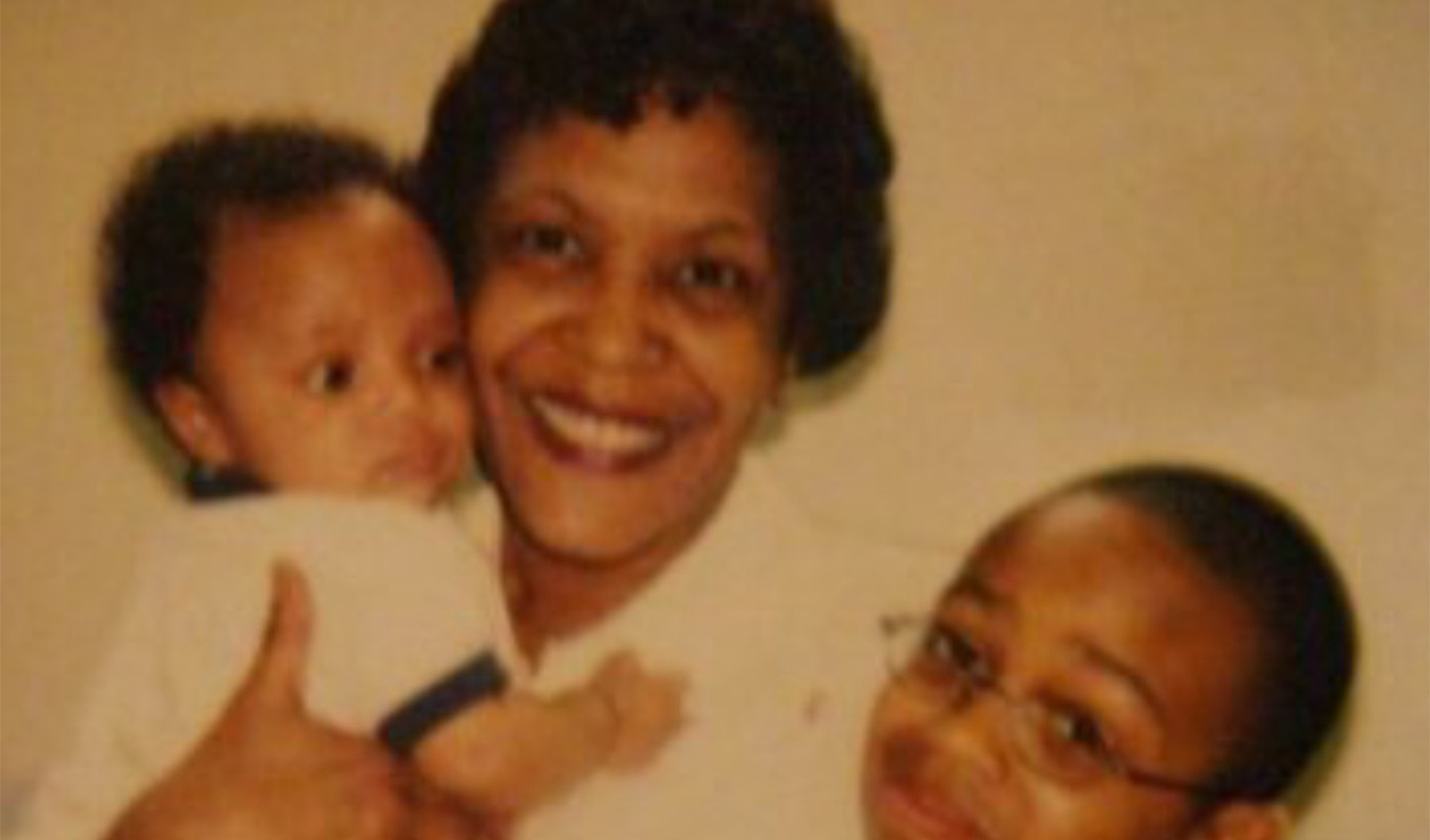
Leave a Reply
Thank you for visiting us. You can learn more about how we consider cases here. Please avoid sharing any personal information in the comments below and join us in making this a hate-speech free and safe space for everyone.